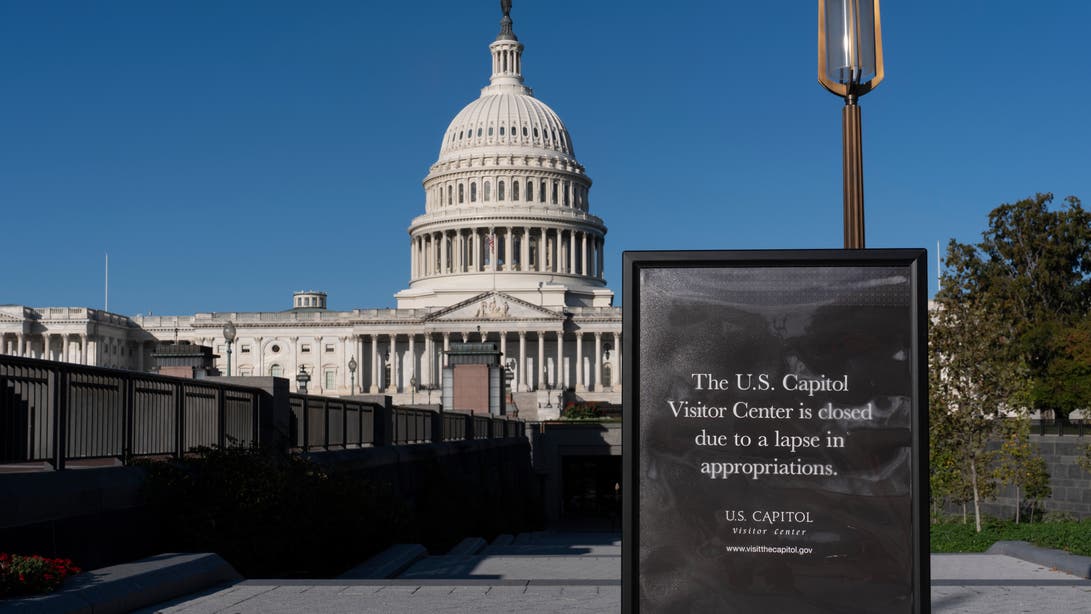The U.S. government shutdown has now entered its third week, and a growing number of Americans view it as a significant problem with no clear end in sight, according to a new poll from The Associated Press-NORC Center for Public Affairs Research. The survey highlights a deep frustration among the public as political leaders remain at an impasse.
Approximately six in ten Americans say that President Donald Trump and Republicans in Congress bear “a great deal” or “quite a bit” of responsibility for the shutdown. At the same time, 54% of respondents say the same about Democrats in Congress, indicating that the public sees the blame distributed across all major players.
“Trump’s blaming the Democrats, and the Democrats are blaming the Republicans,” said Jason Beck, a Republican from Utah. “We’re stuck because there’s no middle ground anymore.” The comment reflects a growing sentiment that partisanship has made compromise nearly impossible in Washington.
The poll also examined public opinion on policy issues related to the shutdown. It found that a majority of Americans favor extending health insurance subsidies, a measure that Democrats are pushing to resolve the stalemate. However, a notable 42% of respondents reported having no opinion on the issue, suggesting that many Americans are not closely following the core dispute or may feel disconnected from the legislative details.
Meanwhile, tensions between the United States and China are having tangible effects on American businesses. Miami-based Oceania Cruises, part of Norwegian Cruise Line Holdings, announced on Thursday that it is revising select itineraries in Asia, replacing planned port calls in mainland China. The move comes after China imposed new port fees on American-owned or -operated vessels this week.
The fees are reportedly a retaliatory measure in response to similar charges imposed by the United States on Chinese-owned or -operated ships docking at American ports. Under the new rules, American ships are subjected to a 400 yuan (approximately $56) per net ton fee for each voyage if they berth at Chinese ports.
“Ships can no longer effectively visit mainland Chinese ports,” an Oceania Cruises spokesperson said in a statement Thursday. “We share in the disappointment of these necessary changes and are committed to providing our guests with itineraries that deliver exceptional destination experiences.”
The cruise line emphasized that while the changes are unavoidable, it remains focused on offering passengers memorable experiences in alternative destinations across Asia. The development underscores how international policy and trade disputes can ripple into travel and tourism industries.
As the shutdown continues and the U.S.-China tensions affect American businesses abroad, the country faces uncertainty on multiple fronts. With both political and economic challenges mounting, Americans are watching closely, weighing the responsibility of elected leaders while navigating the consequences of global policy decisions on daily life.

